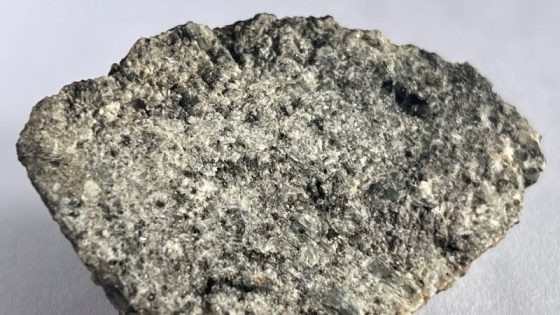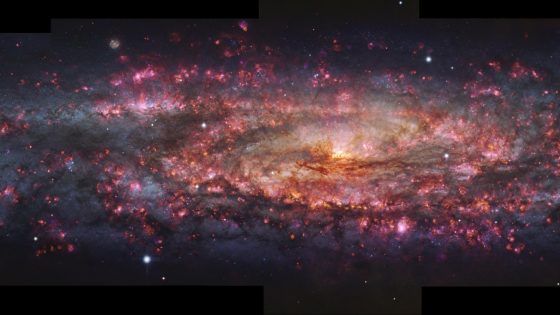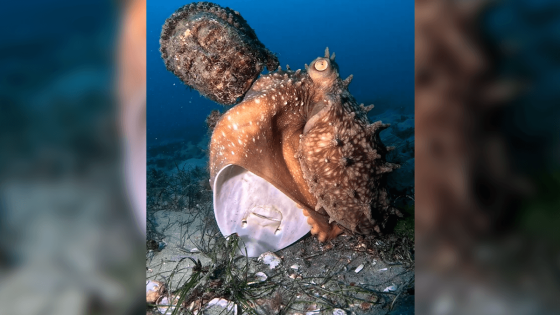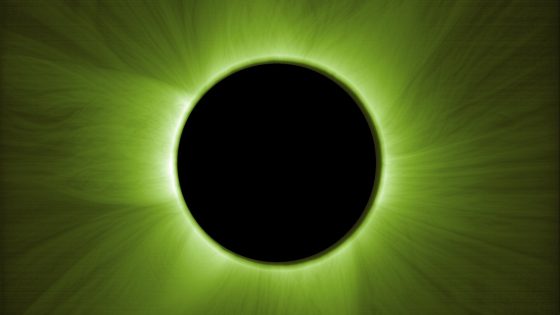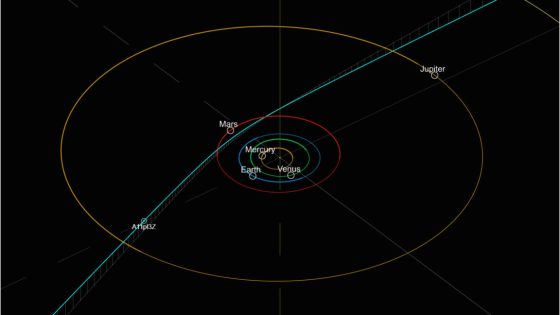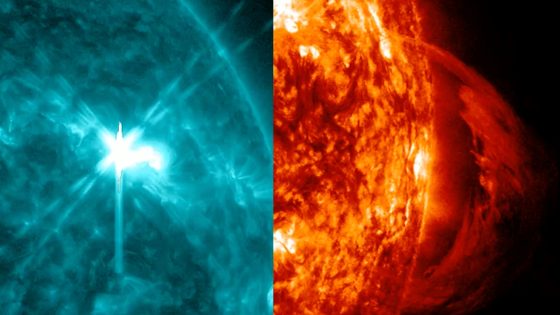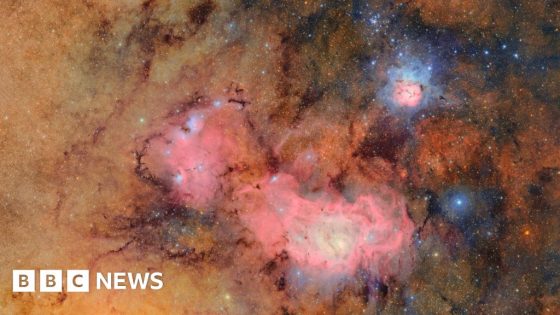Recent discoveries suggest that two meteorites found in the Sahara Desert in 2023 may originate from Mercury, the solar system’s innermost planet. If confirmed, these fragments would mark a significant breakthrough in planetary science.
- Meteorites may originate from Mercury.
- Mercury is the least studied rocky planet.
- Only two spacecraft have visited Mercury.
- Age discrepancy raises doubts about origins.
- Chemical analysis suggests possible Mercury link.
- Ongoing debate in planetary science community.
Mercury remains one of the least explored planets, with only a handful of missions, including the upcoming BepiColombo, set to arrive by late 2026. Understanding the origins of these meteorites could reshape our knowledge of Mercury’s geology and formation, especially since no previous samples have been identified.
This discovery raises intriguing questions about the dynamics of planetary debris. How did these meteorites escape Mercury’s gravitational pull? What do their compositions reveal about the planet’s surface? Key points include:
- Only two spacecraft have previously visited Mercury.
- Over 1,100 meteorites from Mars and the Moon have been cataloged, but none from Mercury.
- The meteorites contain minerals consistent with Mercury’s surface but also show age discrepancies.
As researchers continue to analyze these meteorites, the potential for groundbreaking discoveries about Mercury’s history and composition remains high. This could pave the way for future missions and deeper understanding of our solar system.



